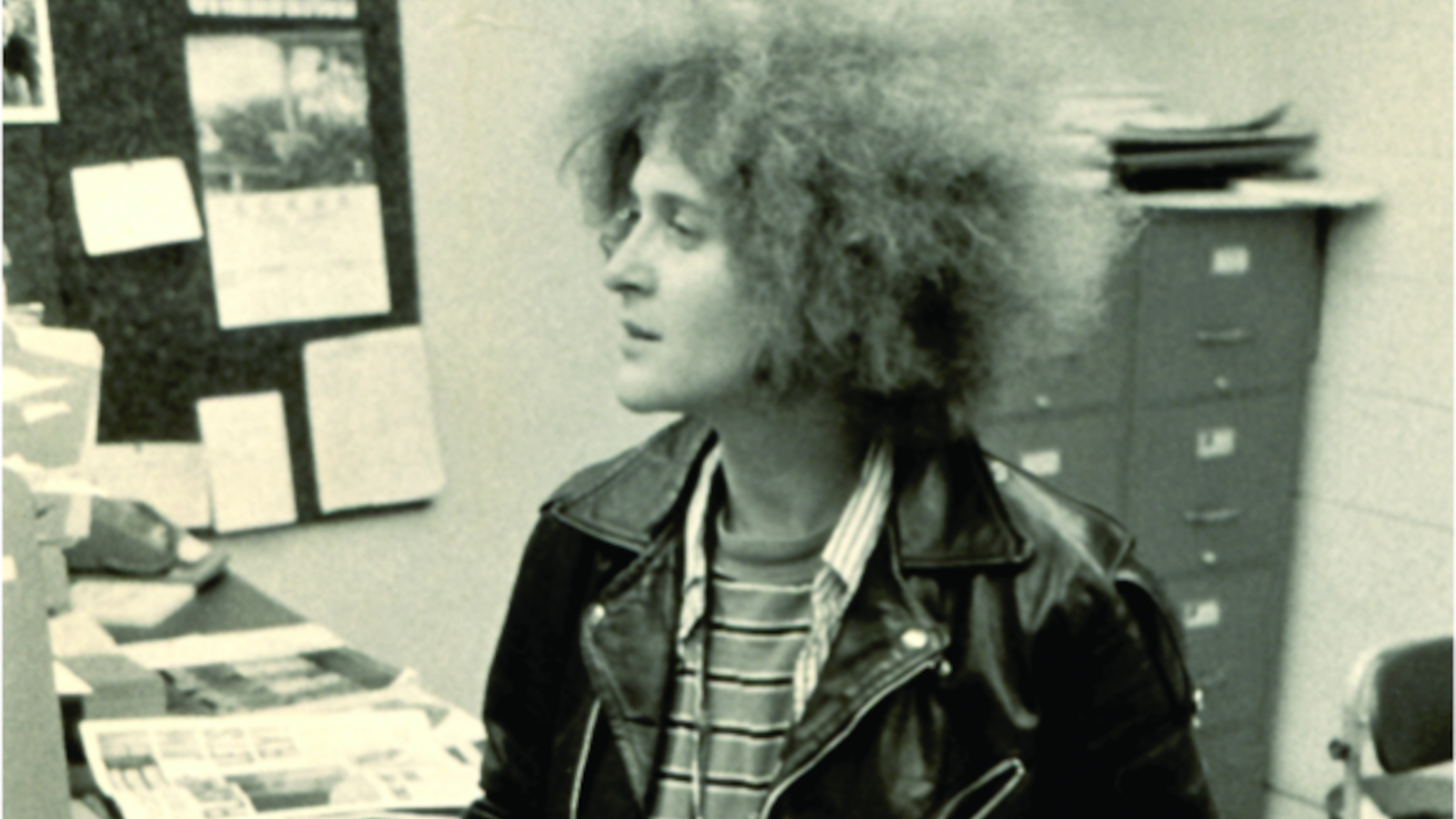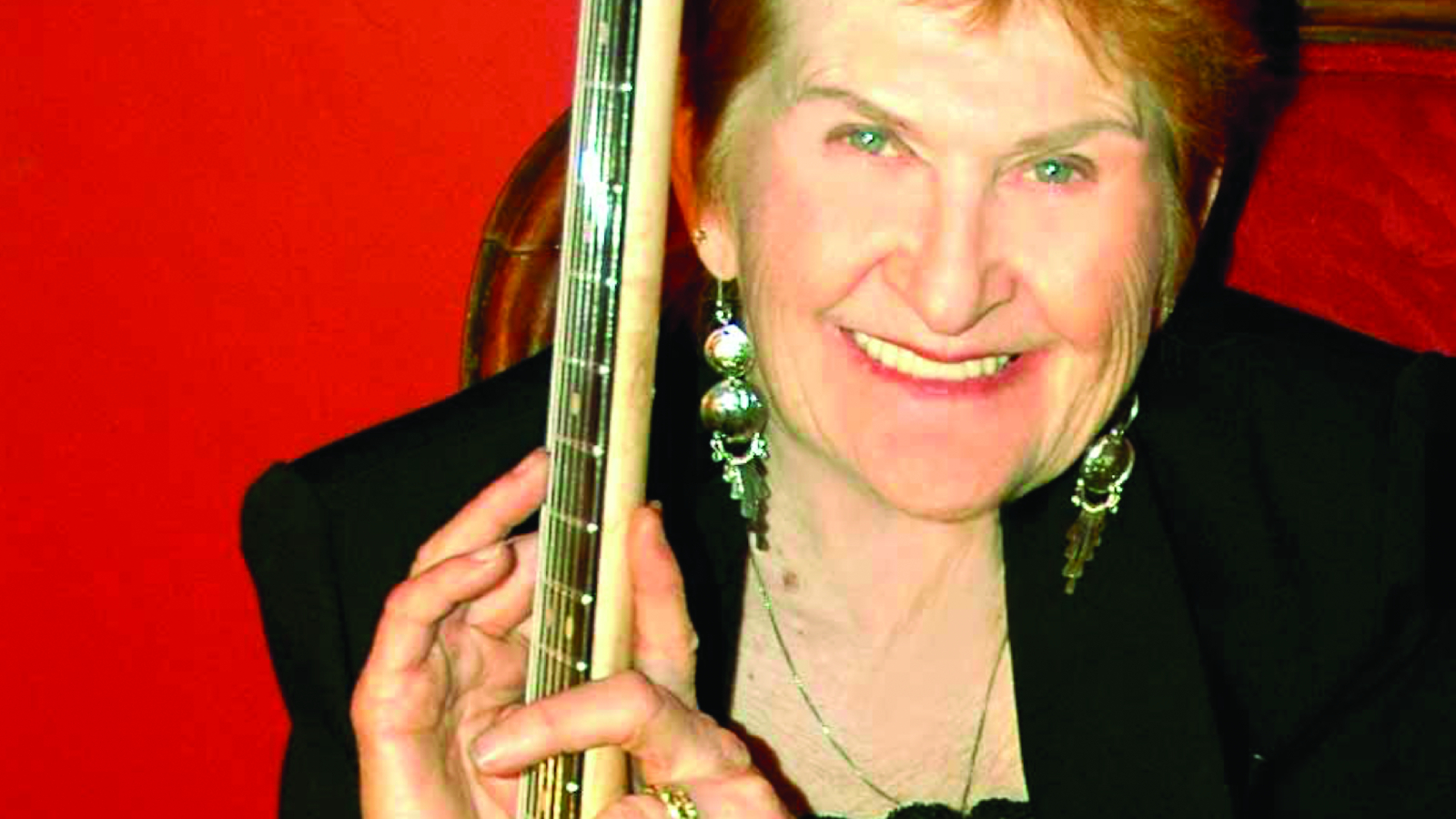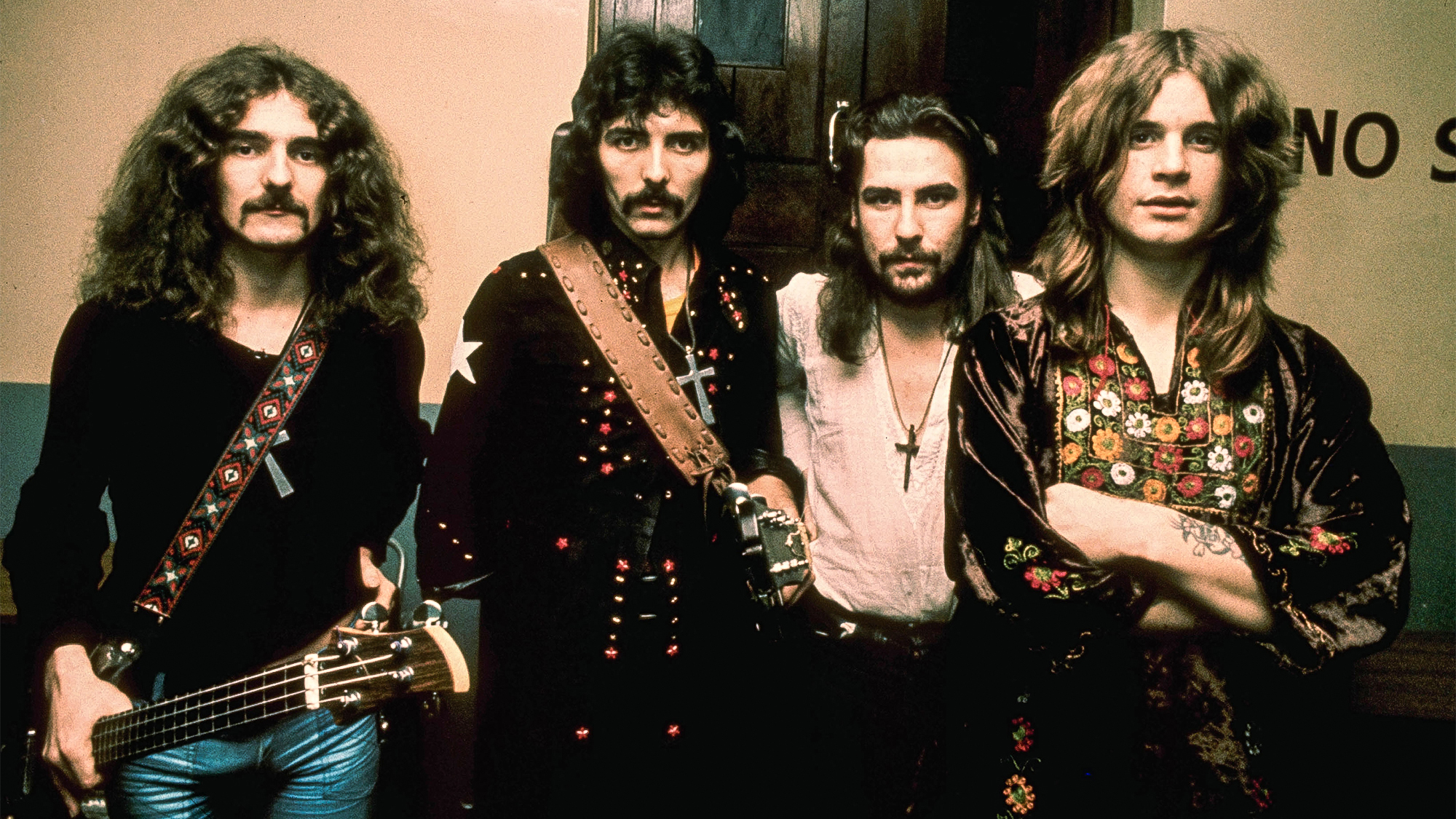
All the latest guitar news, interviews, lessons, reviews, deals and more, direct to your inbox!
You are now subscribed
Your newsletter sign-up was successful
Alice Stuart is the only female guitarist to be a member of the Mothers of Invention. How cool is that? She was badass before badass was a word.
Stuart met Frank Zappa in 1964 and played acoustic guitar with an early version of the Mothers. She left shortly after, before the group recorded its debut album, Freak Out!, to pursue her love of electric blues.
There were few female guitar role models in the mid-’60s, when Stuart’s career took off, and like all the trailblazers I’ve interviewed, she is completely self-created.
What’s even cooler is she’s still out there playing. Make sure to catch her when you can. You can find her schedule and learn more about her here.

In an interview I read, you mentioned that Zappa taught you how to believe in yourself and your music. What was it about playing with him that helped you gain confidence?
Well, I was really trying to go in a different direction at that point. He wanted me to continue playing acoustic guitar, and he wanted to play things around the Delta stuff that I was playing.
The Mothers of Invention were a blues band then, and I wanted to start playing electric guitar, so we just basically had different ideas.
All the latest guitar news, interviews, lessons, reviews, deals and more, direct to your inbox!
But because I was working with him and he was obviously a go-getter, it just made me think maybe I could do whatever I wanted to do. And by then I had already made my first album, [1964’s] All The Good Times.
Who were your electric guitar influences?
Probably my greatest influence on electric guitar is Roy Buchanan. I still listen to his first album and just marvel at his style.
Is that who inspired you to play Telecasters?
Yes, him and all the bare-bones kind of guitar players from the time, like Buddy Holly. I don’t think of myself as just a blues player; instead, I see myself more like a roots or Americana guitar player, with a bit of country and rock.
Were you aware of Memphis Minnie back then?
When I started recording for Arhoolie Records, [label founder] Chris Strachwitz gave me a bunch of her stuff, and I just went crazy.
I recorded her song “In My Girlish Days.” When I heard her, I thought, She’s been around for a while. She was really respected, won a bunch of guitar contests and stuff. I was really sad when I heard she’d passed away.
Do you think there’s anything uniquely feminine that women bring to the guitar, or do you think music has nothing to do with gender at all?
I definitely love to rip it up, but I also tend to play guitar like it’s an extension of my voice. I think of the melody, or, if I’m playing backup guitar, I think what’s going to accent what the other players are doing.
I played with Albert King, and he picked me up off the floor and said, “Honey, you play good guitar!” If Albert King says I can play, that’s all right with me.
I have young women come up to me all the time and say things like, “Oh, my god, you’re my role model! You’ve shown me that it can be done and that we don’t have to go back.” So that makes me feel good.
I think a lot of it is belief in yourself. It’s not like you need to think you’re better than anyone else, but you do need to feel that you’re playing on the level where you are, and not below it. You just have to know that you’re really good. No one makes me feel like I am less than I am.
